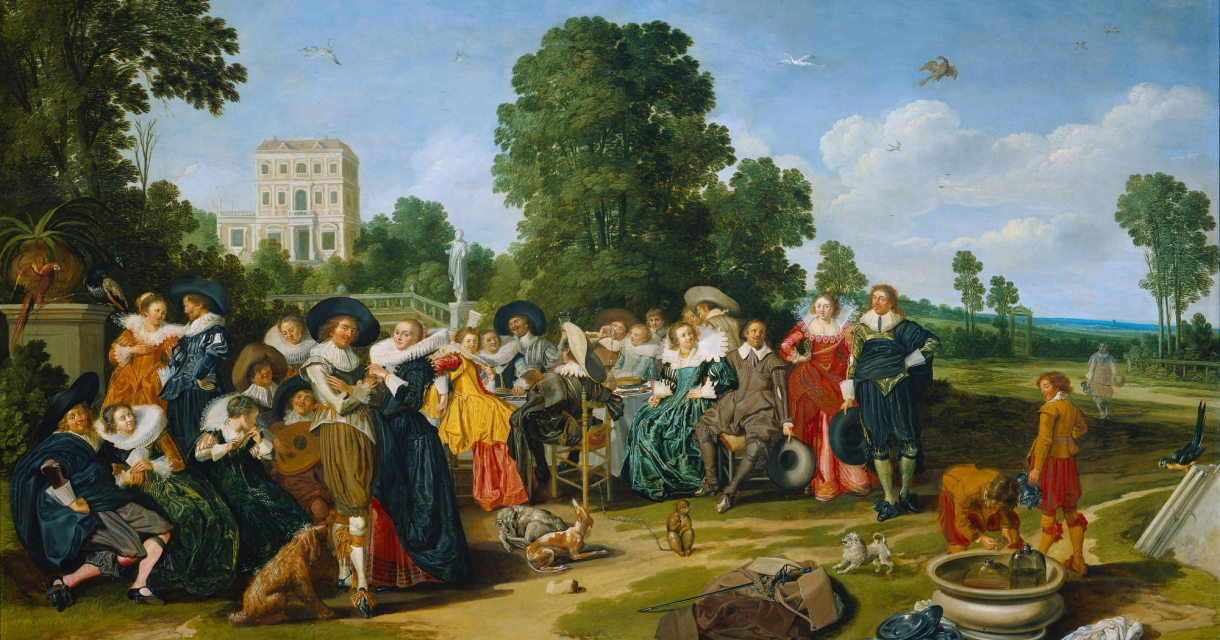Musica Antica - Spies in The Hague
Music
Musicians were in a unique position to carry out espionage activities at foreign courts under the guise of artistic travel. John Dowland, a converted Catholic, was allowed to travel to Italy on condition that he kept his ears open. But he became involved in a plot against the Protestant Queen Elizabeth I. In an almost desperate letter to her right-hand man, Sir Robert Cecil, he tried to distance himself from the conspirators; after all, Mrs Dowland and their children were still living in London...
The internationally active Flemish composer Philippe de Monte survived the court of Bloody Mary, Neapolitan intrigues among the formidable Pinelli banking family, then Vienna, where he led the imperial court chapel, and finally Prague under the mystical Rudolf II. In addition to composing more than 1,500 works in virtually every language known at the time, he corresponded with Italian scholars on extremely delicate matters.
In turn, the ambitious Giulio Caccini spared no effort to be the leader in the early Baroque period. He was also not averse to a little intrigue if it benefited his own position. For example, he reported an affair within the Medici family, with fatal consequences. His musical rivals Cavalieri and Peri had reason to fear his manipulations; the former was driven out of Florence by Caccini, while the latter saw his singers defect to Caccini in their battle to produce the first opera.
The combination of the portable lute and solo voice was ideal for travelling musicians who displayed their art in private rooms and back rooms. To reinforce the bass part, which was important in this new accompanying role, the lute was extended in Italy with extra-long strings on an extended neck, a so-called liuto attiorbato. The theorbo was born.
Programm
- Old - Madeleine Treilhou
- Luit - Corentin Caussin
- Lute and Theorbo - Finlay Hay
Giulio Caccini
- Sweetest sigh
Adrien Le Roy
- Miz court airs on the lute
John Dowland
- A Musicall Banquet
Robert Johnson
- Have you seen but a white lily grow?
Philip of Monte
- Sonnet by Pierre de Ronsard
Anonymous
- Love’s Constancy & Duke of Norfolk



